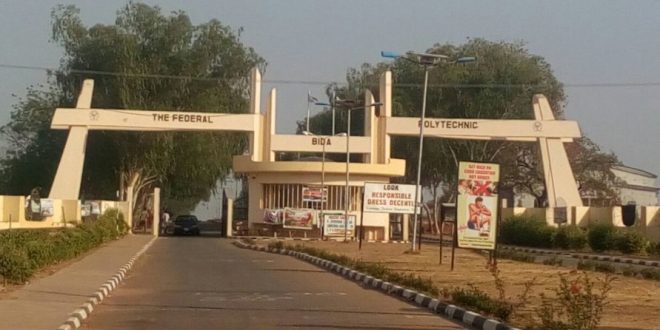Share!
The Nigerian startup space and others on the continent attracted over $20bn in the last 15 years, according to Briter Bridges’ H1 Africa Investment Report 2023.
Briter Bridges stated that the continent’s funding in the first half of 2023 was over $2bn, which raised the total funding into the sector to over $20bn in 15 years.
The report said this came at a time when many in the ecosystem were concerned about what the future of investing in Africa looked like, the firm noted.
It stated, “Africa’s innovation industry is now worth more than $21bn. However, this milestone has come at a time when the change in the global macro environment is raising questions about the viability of investing in startups, let alone Africa.”
Significant changes in the funding environment were putting pressure on startups and investors alike, with many startups shutting down and many funds struggling to meet their target closings, the firm said.
“Others have been forced to write-down on their valuations and make deep cuts to their teams,” it said.
According to the report, investors were shifting focus from growth-stage startups to late and early-stage ones.
It stated that there had been some of mega-deals in fintech, logistics, and climate tech in the late-stage sub-ecosystem, and this had been responsible for the majority of funding in the first half of the year.
Despite losing its number-one status as the largest aggregator of funding volume, Nigerian startups were still the most active on the funding scene.
According to the report, Nigeria ($280m) was now number five on the continent in terms of funding volume. Kenya ($520m), Egypt ($510m), South Africa ($400m) and Rwanda ($280m) make up the top four.
Total funding dropped by 26 per cent during the period under review, with funding recording a negative trend so far.
The firm stated that the African tech ecosystem is now 18 months into the downturn.
It said, “Funding to startups in Africa peaked from Q3, 2021 to Q1, 2022, with the downturn in funding volumes starting in Q2, 2022. Each quarter following Q2, which saw a decrease in the volume of deals, By Q4, the volume of deals was down more than 50 per cent.”
Increasing pressure on startups and investors was raising questions about whether venture capital was sustainable in Africa, the firm stated.
It said that there was a need for innovation in the financing side, with debt financing already becoming an attractive option for startups.
PUNCH
No related posts.
